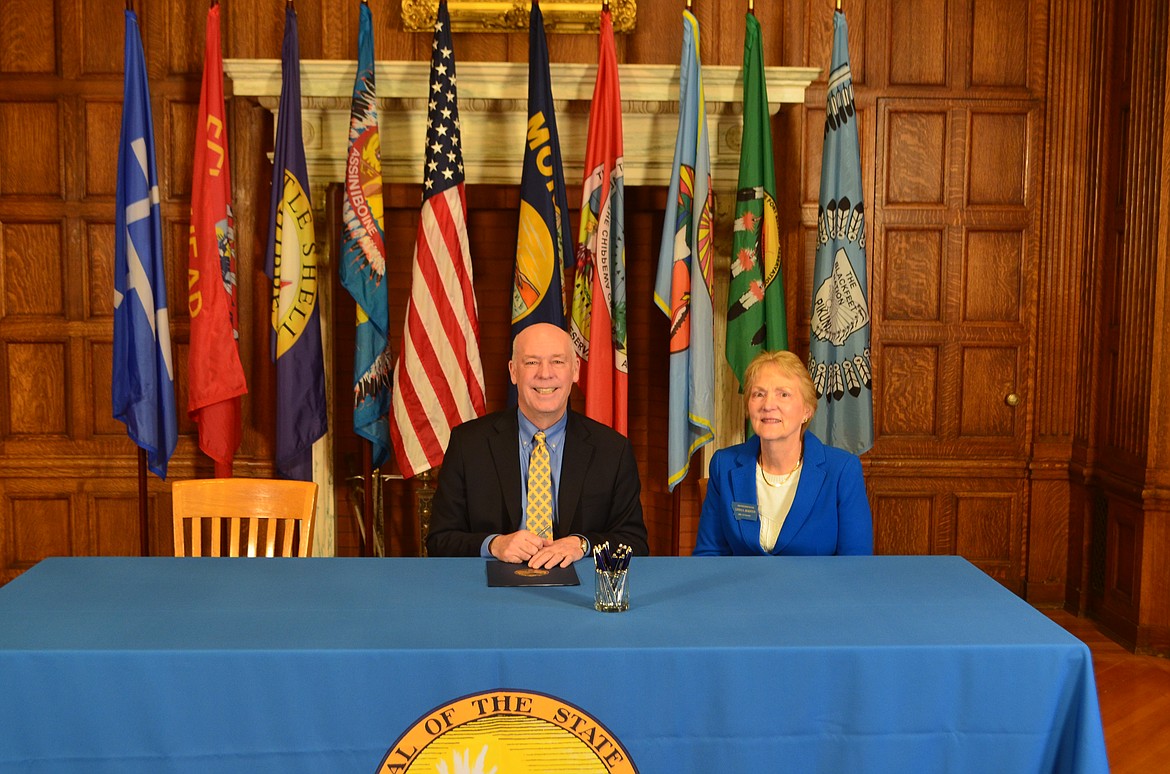Rep. Reksten’s school capital improvement bill becomes law
Freshman Montana Rep. Linda Reksten (HD12) got to witness a bill she sponsored to address large school capital improvement project funding signed into law by Gov. Greg Gianforte on April 19...
Become a Subscriber!
You have read all of your free articles this month. Select a plan below to start your subscription today.
Already a subscriber? Login



